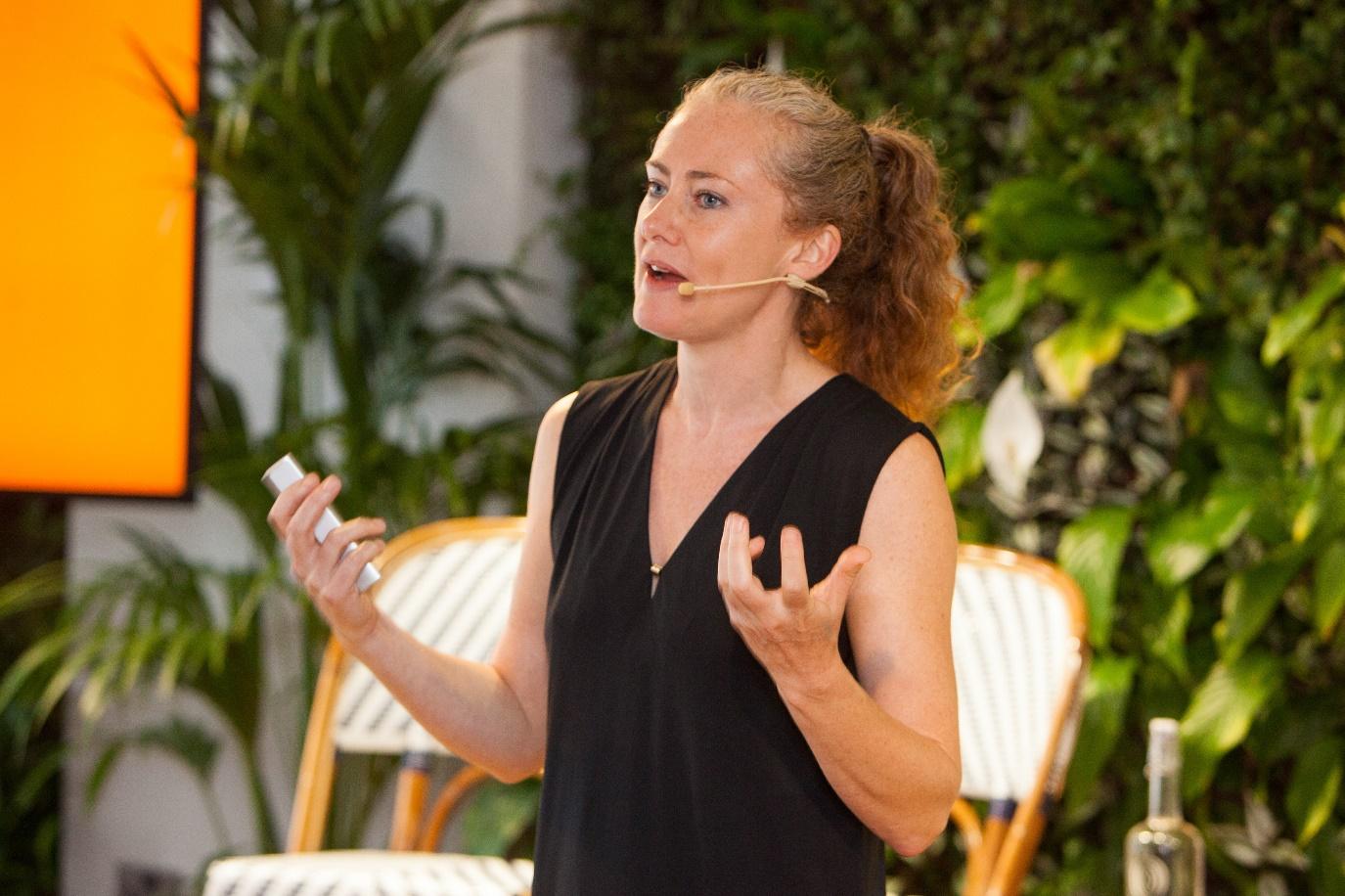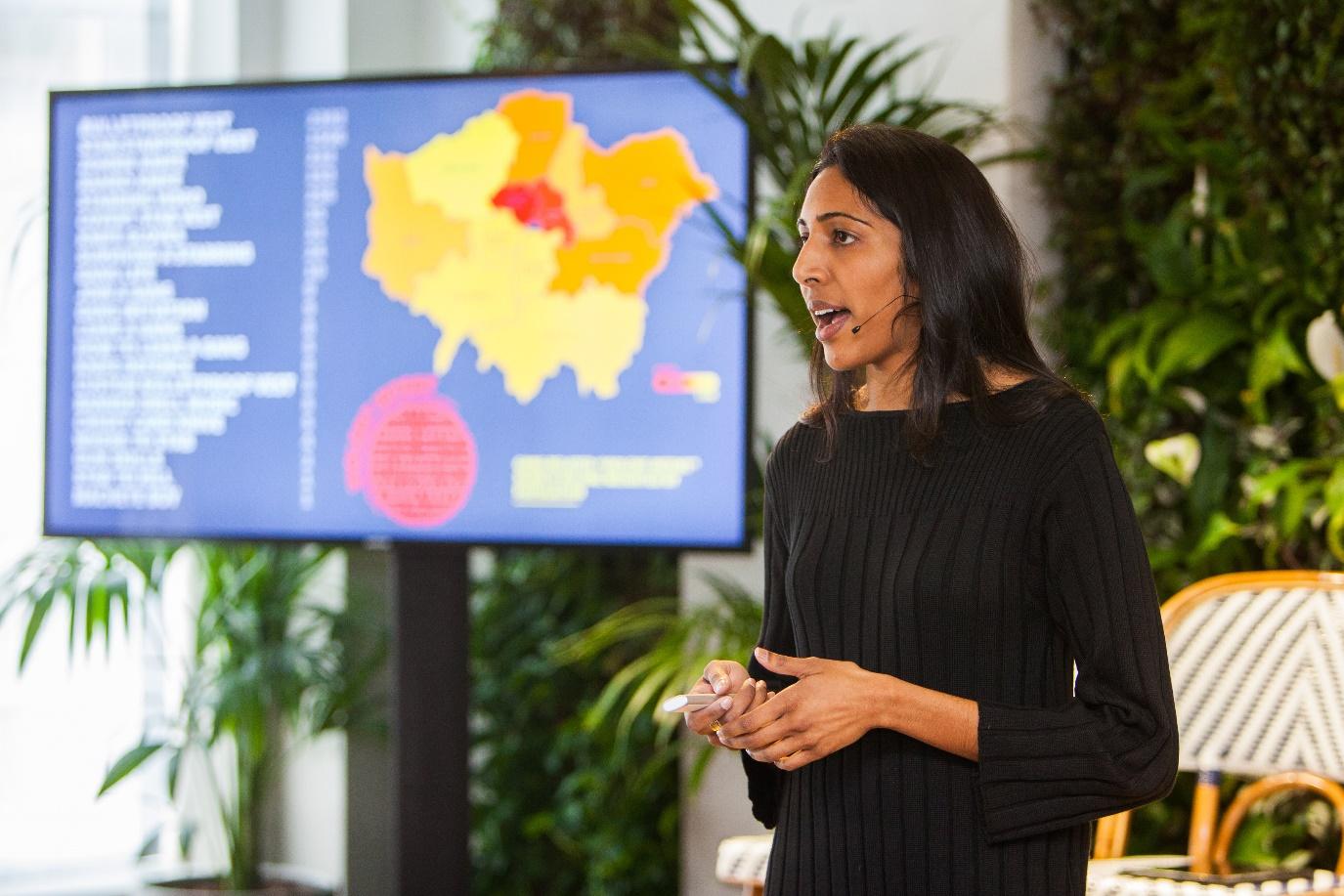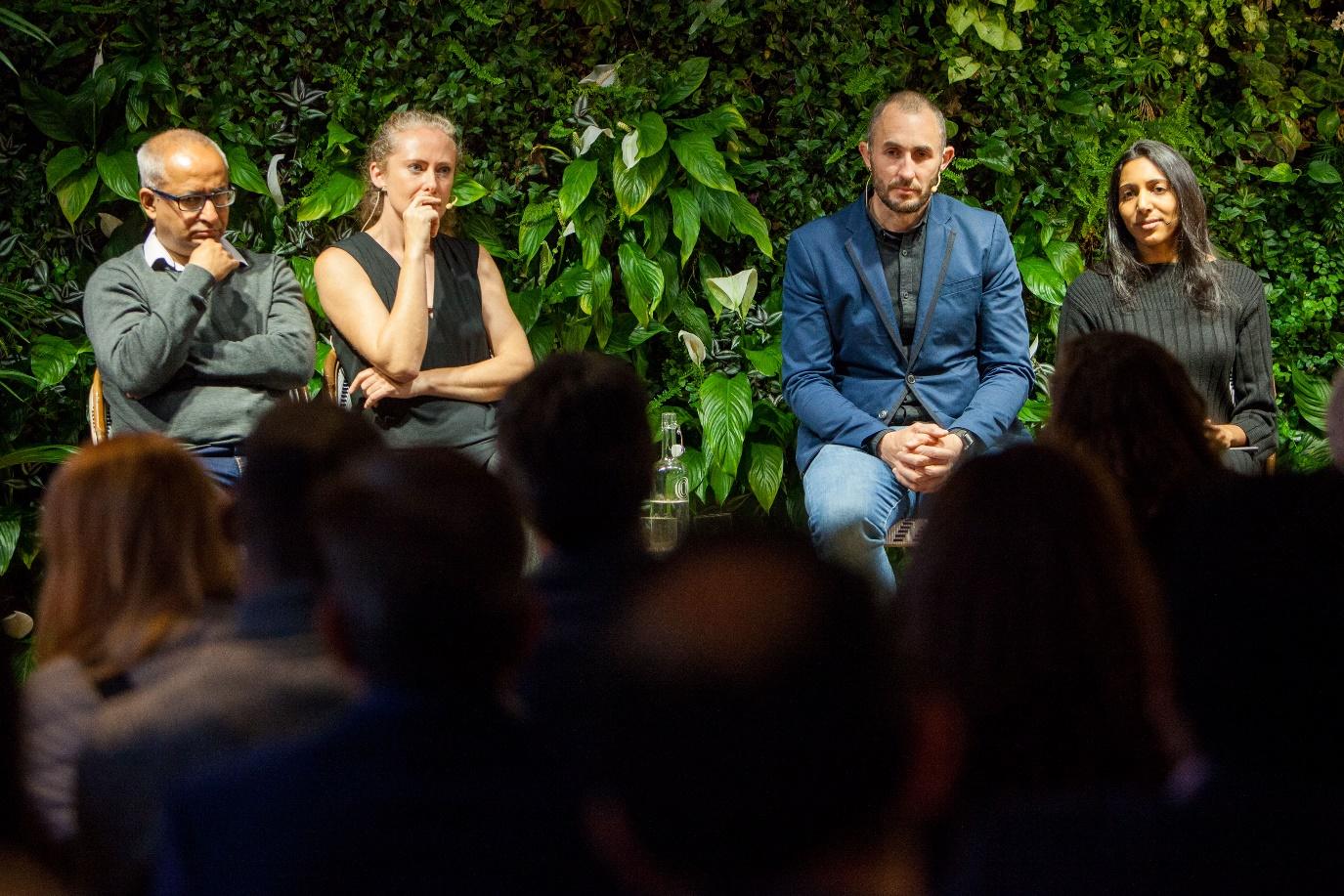In 2006, British mathematician Clive Humby said, “data is the new oil”. As we head towards 2020, organizations are scrambling to capture, own and monetize the torrent of data that’s being generated every second in the digital economy.
Used properly, data can provide insights that can boost prosperity, sustainability and growth. The UK Government estimates that, from 2020, data-driven technologies will contribute £60 billion each year to the country’s economy.
But it is also important for individuals to understand that their personal information has a value – and unlocking the potential of data presents various challenges.
The value of data

In a debate on these issues, the latest Spark Salon gathering of digital experts agreed that the greatest value of data lies in its ability to help customize services and products to individual preferences or needs. That was particularly apparent in healthcare.
“Personalization is where the future of our health and care system needs to go,” said Sinead Mac Manus, Senior Programme Manager (Digital Health) at investor in innovation, Nesta. She told the event organized by Tata Consultancy Services (TCS) that insights gained through data analytics could help identify potential illnesses sooner, target treatments to individuals, improve outcomes and streamline services.
In the energy sector, smart metering, combined with analysis of weather patterns, is helping companies tailor service delivery based on individual homes’ heating and power needs, said EDF Digital Innovation Manager Will Selby. That can lead to more efficient use of a utility, and would ultimately help cut “the carbon emissions that are produced or associated with that home”, Selby said.

It’s not just commercial interests that can benefit from the personalization data offers. Vidhya Ramalingam is the founder of Moonshot CVE, an organization that seeks to tackle extremism in society. With social services and other agencies, Ramalingam said Moonshot had used data-fed technology to track down white supremacist communities and engage with members through online messaging sites to understand – and, therefore, counter – their motivations.
“Technology is transforming the future of social work online and it’s my belief that we can harness this technology to actually solve some really complex problems like global terrorism,” she said.
The challenge of data
But the speakers agreed that unlocking the potential of data presented challenges.
Ved Sen, the Principle Digital Evangelist at TCS, warned that “hyper-personalization” would make it difficult for service providers to create shared experiences and establish quality benchmarks.
“How do we know what’s good if everybody gets a different service from a doctor or a restaurant?” Sen asked.
A more fundamental challenge was making people understand the power they could possess in controlling their own data. So far, individuals have allowed a flow of intel to organizations that have given little in return. That’s created an “imbalance of knowledge” that could be exploited.
“Data-driven personalization is absolutely the way to go but… we’ve got to find a way to either value it or commercialize it,” Sen told the Salon.
Data and trust
Overcoming this will be difficult because data has a trust problem. Individuals have become deeply suspicious of organizations that use our information, a situation that’s not helped by the absence of a common global regulatory or ethical framework to which appeals can be made in cases of misuse. Fears that “machines” were making disembodied decisions about people were also fanning the flames of distrust.

As a consequence, people may be unwilling to readily share their data even if they could, posing potentially devastating consequences for service providers, particularly in healthcare.
“We’re getting more and more data that’s going to be collected about us, but it’s not being accessed, controlled, shared and linked in the right way,” Mac Manus said. “Trust in the healthcare system and trust in transparency when using people’s data is… something we have to get right.”
Trust could be regained through greater transparency into how data is used, the panel agreed, with Ramalingham suggesting there should be more human oversight of the process. Selby said individuals would also be more trusting if they felt they were sharing in the material benefits of analytic insights through, say, more responsive pricing mechanisms.
Sen suggested there could be a free market solution to the challenges. “Because there is commercial value in this, we would be willing to pay someone who could manage this for us as a paid service,” he said. “And if we could trust them, then there’s a market and a business model there.”
Want to know more? Check-in to our Spark Salon Podcast to hear the latest views and future thinking from the experts. From cybercrime in the charity sector to data and personalized healthcare, it’s all here.

